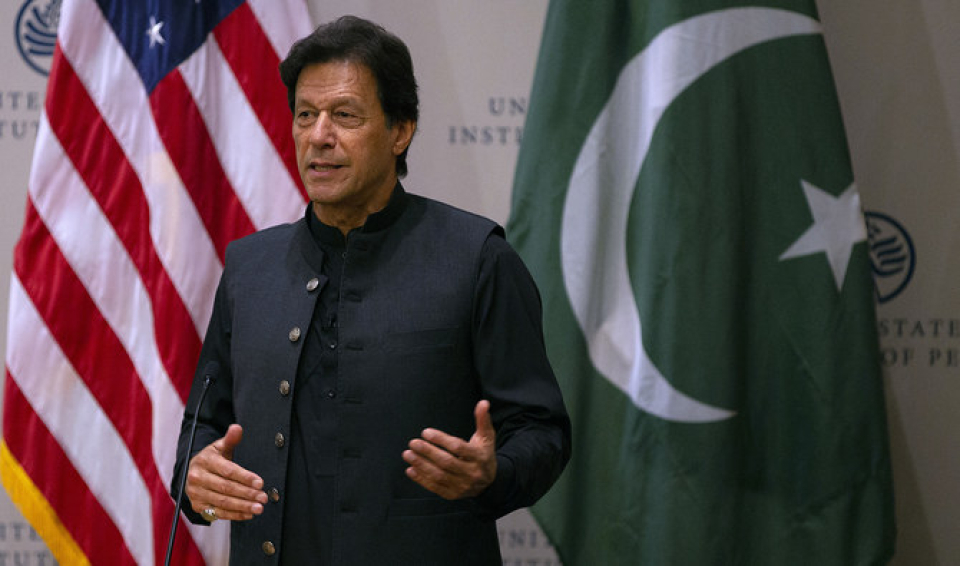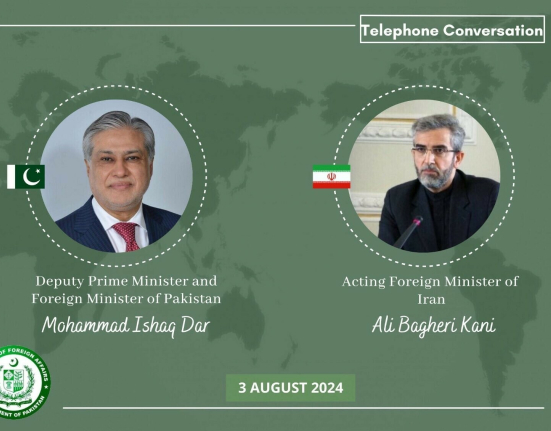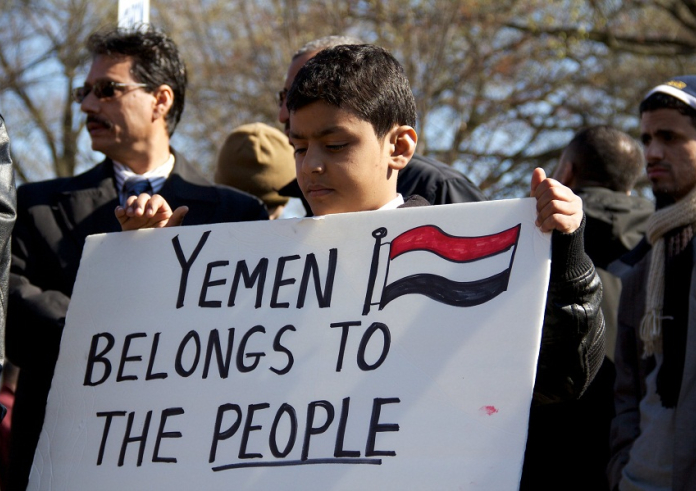In a surprising turn of events, former Prime Minister of Pakistan, Imran Khan, finds himself in a high-security prison, awakening to a new chapter of his life as an inmate. A court has pronounced a three-year sentence against him for corruption, potentially marking the end of his political career.
The verdict, delivered on Saturday, declared that Imran Khan, a renowned national cricket icon who was removed from office in an April 2022 no-confidence vote but still holds a significant position as the leading opposition figure, had concealed assets following the sale of state gifts.
This legal decision not only threatens to sideline Khan from the political landscape but also carries the possibility of disqualifying him from future political involvement due to a law that prohibits individuals with criminal convictions from pursuing or holding public office. The ramifications extend to his role as the founder and chairman of Pakistan Tehreek-e-Insaf (PTI), the party he established.
The arrest of Khan took place at his residence in Lahore on Saturday, with subsequent transfer to prison.
Government officials wasted no time in reacting to the news, with Foreign Minister Bilawal Bhutto-Zardari characterizing Khan's arrest and conviction as a "comeuppance" for the opposition leader.
Critics, however, argue that these legal actions against Khan are driven by political motives and have gained momentum in anticipation of upcoming elections later this year. They assert that Khan's widespread popularity, strong support base, and capacity to mobilize large crowds pose a significant challenge to the ruling coalition and its affiliations with Pakistan's influential military establishment, which has historically wielded considerable power in the nation's political landscape since its independence from British rule in 1947.
This isn't the first time Khan has experienced detention this year, as he joins a roster of former Pakistani prime ministers who have been arrested and witnessed military interventions throughout the nation's political history. Nevertheless, his current confinement in Attock prison represents a stark contrast from his custodial conditions earlier this year, when he was accommodated in a well-appointed guesthouse on a police compound in Islamabad following a Supreme Court order. During that period, he enjoyed visitors and meetings with his party colleagues.
Located in the eastern Punjab province, Attock prison is notorious for its severe conditions and houses inmates including convicted militants. Although Khan's jail term began on Saturday, it remains unclear if he will serve his three-year sentence at Attock or be relocated elsewhere.

















